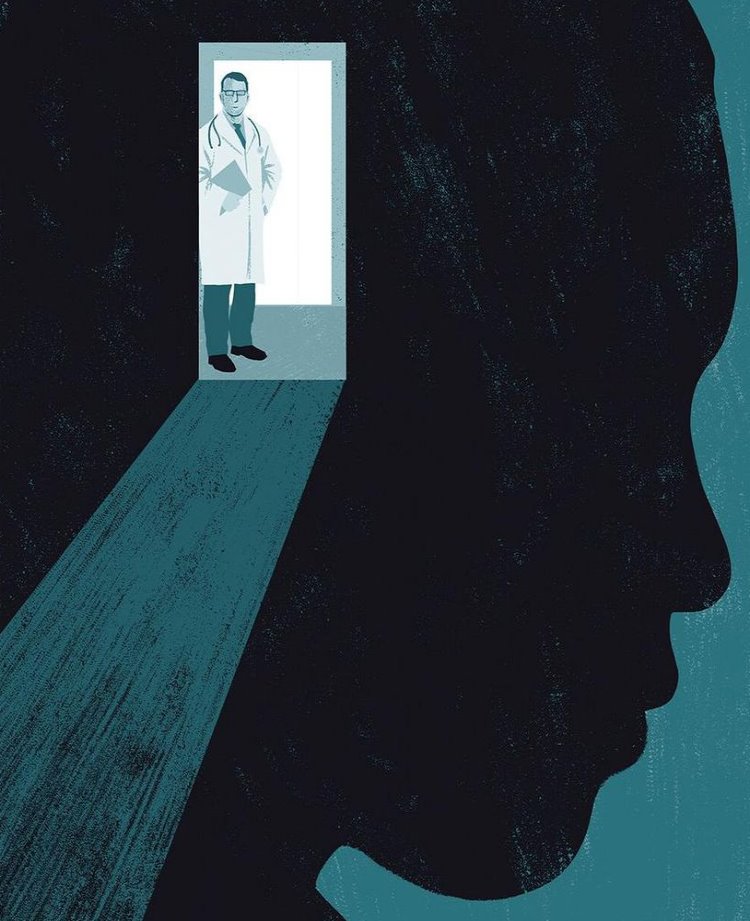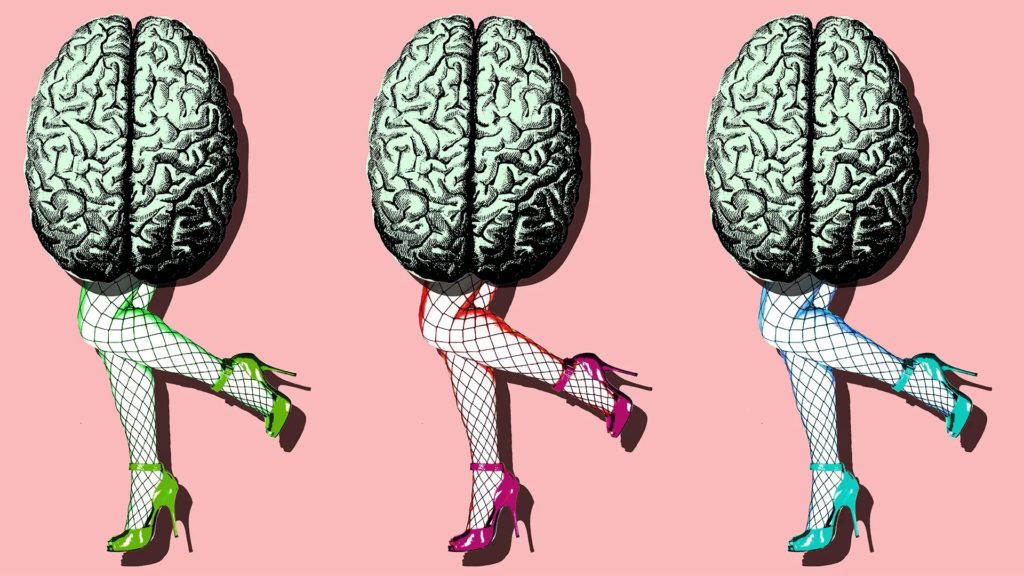When we hear about decriminalizing sex workers, we often hear about it in terms of legal protections for sex workers, increasing safer working conditions, and improving access to health services. Less often however, do we hear about the necessity for sex services from the perspective of the client. Here is a real story adapted from a TED Talk lecture:
Michael hadn’t been laid in a very long time. He stopped taking care of himself after his wife died two years ago and left him widowed. He tried to go out and meet women “the normal way,” at bars and clubs, shops and streets, gyms, work, and yes, online. He wanted something real and raw; to feel seen after going through so much grief and finding the courage to start again. Unfortunately his connections never got beyond the first stages of getting to know one another for several reasons, but, most often it was because the trauma was too much for anyone else to navigate.
Blame, guilt, grief-stricken Michael didn’t see any hope in his romantic life after so many failed efforts. He thought about suicide regularly and almost attempted it one time after a really bad string of events. He found comfort in driving and went for a joy ride to distract himself from his pain and loneliness when he noticed a woman with brown hair, a leopard-print skin-tight dress, and sharp red heels waving at him. Surely, he thought to himself, the wave couldn’t have been meant for him. As he approached the traffic sign and slowed to the red light, his eyes were glued on the woman, which was when she waved again and motioned for him to roll his window down. At this point, Michael knew she was a sex worker, but he didn’t care anyway, so he pulled over off the street into the hardware parking lot and waited for her to walk over.
Now, Michael certainly could have entertained other options that didn’t involve hooking up with the sex worker. He could’ve made an appointment with a licensed mental health care practitioner to talk about new ways of approaching intimacy. He could’ve watched porn, prayed, or jerked off. But he also could’ve committed suicide with all that pain he was carrying around, or even acted out violently towards someone else. The reason he didn’t hurt himself or anyone else that night was because the sex worker gave him immediate relief and it wasn’t even primarily the sex, because that only lasted 5 ½ minutes. Michael paid for the hour and that’s what he got. A full hour, but only 5 ½ minutes were sex. So what did the other 54 ½ minutes go to? Sharing space and time through talking, relating, connecting, and sharing difficult stories to a neutral person who wasn’t documenting it in his health history, adding on to his preconditions. It was a clean, easy, no fuss exchange between two CONSENTING ADULTS.

The situation is pretty simple. Imagine it this way; you have a bleeding, gushing wound and you need to get medical help immediately. Imagine if the only thing you could do is to call for an appointment and be seen in no sooner than 2 weeks, and there are no emergency rooms available. How many people would die in a situation like this, over something that could’ve been treated right away? The emergency room is a life saving resource but rarely do people get excited about a trip to the ER. It’s about time we start treating our emotional and mental health in a similar way! Sex is a basic human need and not everyone has the luxury of receiving it in a traditional way. At the cornerstone of contemporary human rights, all people are born free and equal to decide for themselves with dignity. That absolutely includes sex. No amount of therapy or prayer can satisfy this need. Sex isn’t sin. It’s crucial to our well being and vitality. Research has shown that people who are regularly sexually active, tend to live longer and healthier lives.
There are countless other examples of people who have a very real need for sex workers to exist, and not only that, but to exist within SAFETY. For example, a quadriplegic or other disabled person; a person with a mental disability or a life threatening illness; someone that doesn’t have time for a full on relationship; or someone that wants to experience a sexual encounter that most women would not be open minded to. The list extends for miles and miles and of course translates to all gender identities and sexual orientations.

Sex workers are not meant to replace real human connection and love. That is not the case being made here. The sex industry is riddled with problems that include misogyny, rape, violence, and human trafficking. The only way to introduce solutions to those such problems is to decriminalize sex workers so that sex workers can report unsafe situations to the police. In many countries such as the U.S., sex workers are illegal and workers can be fined and put behind bars simply for carrying around condoms. With legal protections, workers are more likely to practice safer sex and prevent the spread of STD’s.

We know from the extensive amount of literature available that the decriminalization of sex workers challenges state control over bodies and sexuality; allows for effective responses to trafficking; promotes safe working conditions; reduces risk of HIV and sexually transmitted infections; improves access to health services; challenges the consequences of having a criminal record; improves access to justice; challenges police abuse and violence; and lastly, that decriminalization respects human rights and dignity. What we really ought to take into consideration, however, is that sex workers provide a form of healing to so many people without other options and who face serious barriers to receiving help in any other way. The bottom line is sex workers and sex surrogates deserve to be recognized and treated the same way as any other profession and we must start with decriminalization!

